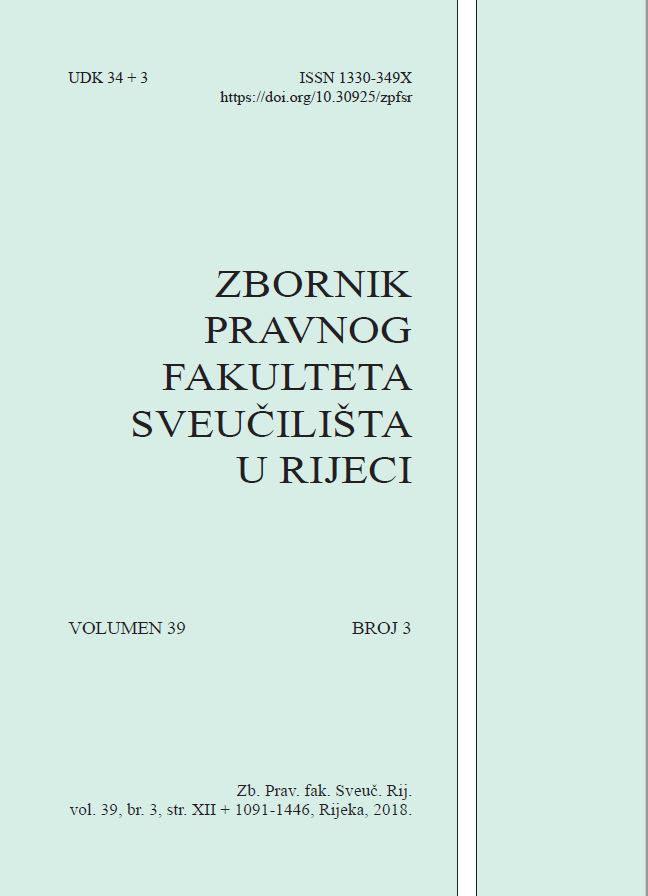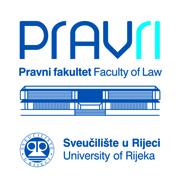EMPIRICAL RESEARCH INTO THE RELATIONSHIPS BETWEEN PROFESSIONAL AND LAY JUDGES IN MIXED TRIBUNALS IN HUNGARY
DOI:
https://doi.org/10.30925/zpfsr.39.3.8Keywords:
empirical research; mixed tribunals; professional judges; lay judges; juryAbstract
This research was based on lay and professional judicial assessment and aimed at answering the question of what degree and nature of lay participation in Hungary can be seen in court proceedings, a question that is already present in research into mixed tribunals. Addressed and supported by similar empirical research into mixed tribunal systems, the status characteristics theory has led the authors to the assume
that, despite statutory provisions ensuring equal rights, this specific problem-solving group is characterized by such an internal hierarchical relationship that discourages increased lay participation. However, it has also been assumed that, compared to the 1960 research in Hungary, led by Kálmán Kulcsár, the lay judge system of a democratic
society allows greater participation even if no relevant changes in legislation has since taken place.
Additional Files
Published
How to Cite
Issue
Section
License
Collected Papers is an open access journal. Journal does not charge article processing charges (APC) to authors. It is licensed under CC BY-NC licence 4.0.
Collected Papers of the Law Faculty of the University of Rijeka" is an Open Access journal. Users are allowed to read, download, copy, redistribute, print, search and link to material, and alter, transform, or build upon the material, or use them for any other lawful purpose as long as they attribute the source in an appropriate manner according to the CC BY licence.
The papers published in "Collected Papers of the Law Faculty of the University of Rijeka" can be deposited and self-archived in the institutional and thematic repositories providing the link to the journal's web pages and HRČAK.
Upon acceptance of the manuscript for publication by this journal, the author can publish same manuscript in other journals only with the permission of the Editorial Board (secondary publication). A repeated publication should contain a notice as to where the manuscript was originally published.



